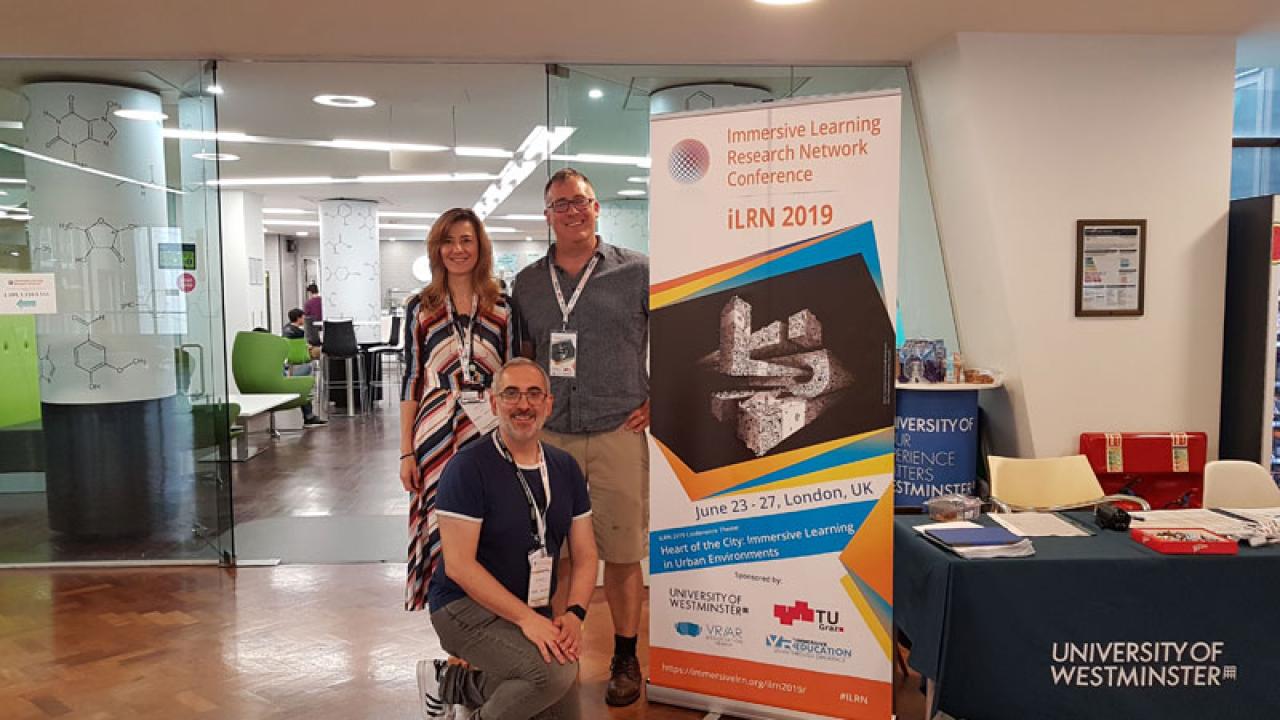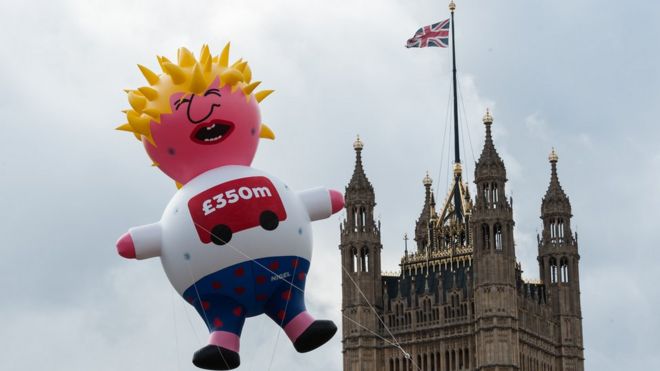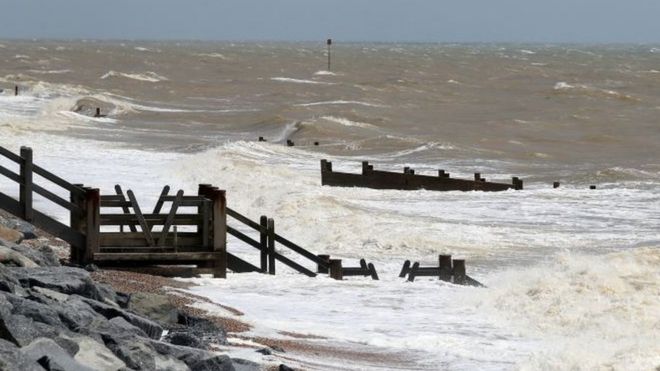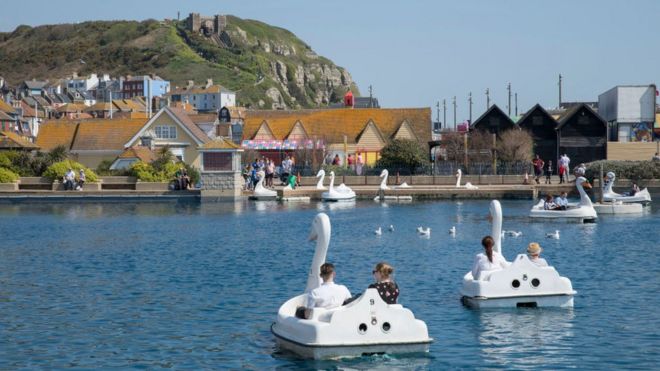
The Royal Society has announced the winners of 24 medals and awards. The annual prizes recognise exceptional researchers who make outstanding contributions to science.
Sir Venki Ramakrishnan, President of the Royal Society, said:
“The Royal Society gives an array of medals and awards to scientists who have done exceptional, ground-breaking work. This year, it is again a pleasure to see these awards bestowed on scientists who have made such distinguished and far-reaching contributions in their fields. I congratulate and thank them for their efforts.”
“The Royal Society gives an array of medals and awards to scientists who have done exceptional, ground-breaking work. This year, it is again a pleasure to see these awards bestowed on scientists who have made such distinguished and far-reaching contributions in their fields. I congratulate and thank them for their efforts.”
Royal medals
Dame Carol Robinson DBE FMedSci FRS receives the Royal Medal for her pioneering work on structural biology improving the understanding of proteins, their interactions and functional regulation. The Royal Medals are one of the Royal Society’s premier awards and are made on behalf of the Queen each year. Awarded annually since 1825, this year’s recipients of the Royal Medals join the ranks of Fred Sanger, Francis Crick, and Mary Lyon.
Dame Carol Robinson DBE FMedSci FRS said:
“I am truly delighted to be acknowledged with this award. Over the years, I have watched a number of Royal Society Medal Award ceremonies and have always been very impressed by the recipients. I am delighted to be joining this distinguished crowd.”
“I am truly delighted to be acknowledged with this award. Over the years, I have watched a number of Royal Society Medal Award ceremonies and have always been very impressed by the recipients. I am delighted to be joining this distinguished crowd.”
Also receiving the Royal Medal is Dr Michel Goedert FMedSci FRS for identifying and characterising key molecules and showing that they form the inclusions of Alzheimer’s and Parkinson’s diseases.
Dr Michel Goedert FMedSci FRS said:
“I am honoured to receive the Royal Medal and feel humbled when I read the list of previous recipients. My work on neurodegenerative diseases would not have been possible without the support of Aaron Klug, the international culture of the MRC Laboratory of Molecular Biology and the contributions of a number of close collaborators.”
“I am honoured to receive the Royal Medal and feel humbled when I read the list of previous recipients. My work on neurodegenerative diseases would not have been possible without the support of Aaron Klug, the international culture of the MRC Laboratory of Molecular Biology and the contributions of a number of close collaborators.”
Dame Ann Dowling OM DBE FREng FRS received the third and final Royal Medal for her leading research on the reduction of combustion, aerodynamic noise and the design of aircraft, and her distinguished services to engineering.
Dame Ann Dowling OM DBE FREng FRS said:
“I am surprised, delighted and very honoured to be awarded the Royal Medal and it is humbling to see the previous recipients. I have been lucky to work with some brilliant colleagues and students and this award recognises their achievements as much as it does mine.”
“I am surprised, delighted and very honoured to be awarded the Royal Medal and it is humbling to see the previous recipients. I have been lucky to work with some brilliant colleagues and students and this award recognises their achievements as much as it does mine.”
Croonian Medal
The Croonian Medal and Lecture is awarded to Professor Edward Boyden for his inventions that expand our understanding of the brain and allow therapeutic development including the co-invention of optogenetics, a technology that has revolutionized neurobiology.
Bakerian Medal
Sir James Hough OBE FRS is awarded the Bakerian Medal and Lecture for his world-leading work on suspensions systems for the test masses used in laser interferometry, pivotal to the successful detection of gravitational waves.
Sylvester Medal
The Sylvester Medal is awarded annually for an outstanding researcher in the field of mathematics, this year to Professor Peter Sarnak FRS for transformational contributions across number theory, combinatorics, analysis and geometry.
Rosalind Franklin Award
The Royal Society Rosalind Franklin Award is awarded annually to those who raise the profile of women in STEM in their host institution and/or field of expertise in the UK. This year it is awarded to Professor Nguyen Thi Kim Thanh, Professor of Nanomaterials at the University College London, for her achievements in the field of nanomaterials and her impactful project proposal.
The full list of winners is available below:
Premier Awards
Copley Medal (announced in May 2019)
Professor John Goodenough ForMemRS in recognition of his exceptional contributions to the science and technology of materials, including his discovery that led to rechargeable lithium batteries.
Royal Medals
Dame Carol Robinson DBE FMedSci FRS
For her pioneering work on structural biology improving the understanding of proteins, their interactions and functional regulation.
Dr Michel Goedert FMedSci FRS
For identifying and characterising assembled tau protein and alpha-synuclein and showing that they form the inclusions of Alzheimer’s and Parkinson’s diseases.
Dame Ann Dowling OM DBE FREng FRS
For her leading research on the reduction of combustion, aerodynamic noise and the design of aircraft, and her distinguished services to engineering.
Croonian Medal and Lecture
Professor Edward Boyden
For his inventions that expand our understanding of the brain and allow therapeutic development including the co-invention of optogenetics, a technology that has revolutionized neurobiology.
Bakerian Medal and Lecture
Sir James Hough OBE FRS
For his world-leading work on suspensions systems for the test masses used in laser interferometry, pivotal to the successful detection of gravitational waves.
Medals
Buchanan Medal
Professor Gillian Griffiths FMedSci FRS
For establishing the fundamental cell biological mechanisms that drive cytotoxic T-cell killing, laying the foundations for informed application of cancer immunotherapy.
Darwin Medal
Professor Peter Holland FRS
For his work with many organisms and genes elucidating key aspects of how changes in the genome influence evolution of animal development.
Davy Medal
Professor Varinder Aggarwal FRS
For his ground-breaking methods coupling boronic esters creating 3-D architectures with full control over shape and functionality with broad ranging applications across the sciences.
Gabor Medal
Professor Alison Noble OBE FREng FRS
For developing solutions to a number of key problems in biomedical image analysis and substantially advancing automatic extraction of clinically useful information from medical ultrasound scans.
Hughes Medal
Professor Andrew Cooper FRS
For the design and synthesis of new classes of organic materials with applications in energy storage, energy production and energy-efficient separations.
Leverhulme Medal
Professor Frank Caruso FRS
For driving the application of engineered particles in biology and medicine through nanoscale materials engineering.
Rumford Medal
Professor Miles Padgett FRS
For world leading research on optical orbital momentum including an angular form of the Einstein-Padolsky-Rosen paradox.
Sylvester Medal
Professor Peter Sarnak FRS
For transformational contributions across number theory, combinatorics, analysis and geometry.
Prize lectures
The following medals are also awarded an associated prize lecture, which will be delivered at the Royal Society in London:
Clifford Paterson Medal and Lecture
Dr Jacqueline Cole
For the development of photo-crystallography and the discovery of novel high-performance nonlinear optical materials and light-harvesting dyes using molecular design rules.
Ferrier Medal and Lecture
Professor Ray Dolan FMedSci FRS
For his work charting the brain activity related to fundamental aspects of human conduct and behaviour.
Kavli Medal and Lecture
Professor Ian Chapman
For his scientific insight that has illuminated the complex physics of confined plasmas and prepared the way for fusion burn.
Leeuwenhoek Medal and Lecture
Professor Geoffrey Smith FMedSci FRS
For his studies of poxviruses which has had major impact in wider areas, notably vaccine development, biotechnology, host-pathogen interactions and innate immunity.
Michael Faraday Prize and Lecture
Sir Martyn Poliakoff CBE FREng FRS
For his exemplary work to promote chemistry to an international audience via YouTube in a way that is understandable to viewers of all ages.
Royal Society Rosalind Franklin Award and Lecture
Professor Nguyen Thi Kim Thanh
For her achievements in the field of nanomaterials and her impactful project proposal.
Royal Society Milner Award and Lecture
Dr Cordelia Schmid
For her work in computer vision and her fundamental contributions to the representation of images and videos for visual recognition.
Wilkins-Bernal-Medawar Medal and Lecture
Professor Simon Schaffer
For transforming understanding of the intellectual history of experimental science and his excellent communication of science in all media.
Awards
Royal Society Africa Prize
Dr Henry Mwandumba
For his novel work in description of the TB phagosome in HIV infected alveolar macrophages and his leadership in the College of Medicine in Malawi.
Royal Society Mullard Award
Professor Hagan Bayley FRS
For the invention of stochastic nanosensing, a generalized sequencing method for biopolymers which has delivered ultrarapid, distributable, wide-scale, 'long-read' genome sequencing.
SOURCE-The Royal Society-ENGLAND





